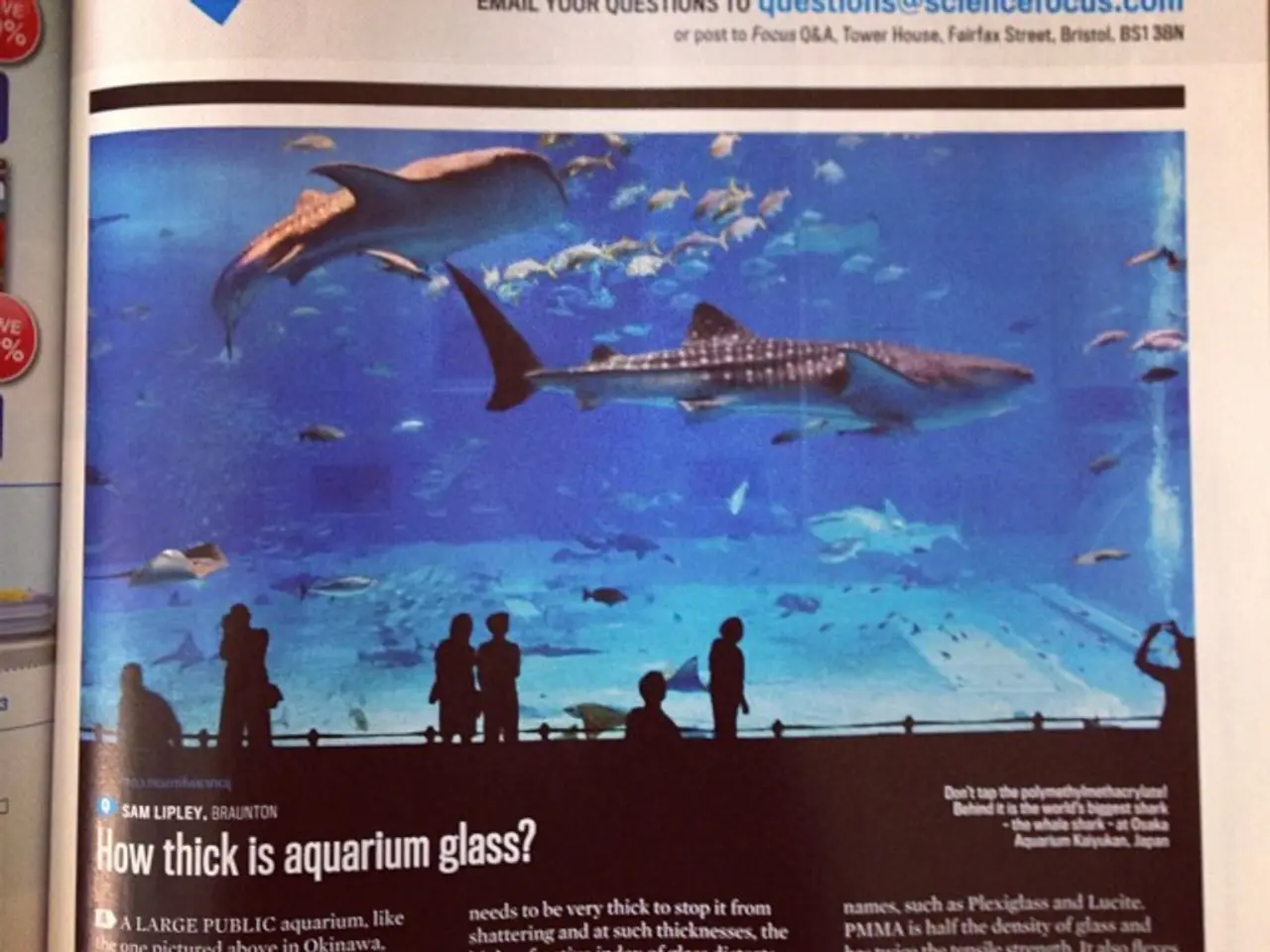Foreign maritime disputes escalate off the coast of Gambia as local fishermen engage in violent conflicts with foreign fishing boats, sometimes even turning against each other.
In the waters off Gambia, a silent war is being waged. The fish population, a vital resource for the small West African nation, is at risk of collapse due to overfishing by foreign vessels. This looming disaster could have severe consequences for a country with two main economic drivers: tourism and seafood.
Abdou Sanyang, secretary general of the Association of Gambia Sailors, paints a grim picture. "It's like local fishermen are going to war when they fish," he says, highlighting the escalating tensions.
One of the vessels involved in these conflicts is the Egyptian-owned Abu Islam. In March last year, Gambia's navy detained eight foreign trawlers, including the Abu Islam, for offenses such as fishing in protected waters, operating without a valid license, misreporting catches, and using undersized mesh. However, the vessels soon returned to sea, continuing to fish in Gambian waters.
The Majilac 6, another vessel detained, was not clear in terms of ownership. The Majilac Group, operating in Gambian waters, is owned by Mr. Paul Majilac and his family. Omar Abdullah Jagne, the managing director of the Majilac Group, did not respond to AP questions.
The government of Gambia is trying to patrol the seas, but it relies on international support from nonprofit organizations. Despite efforts, incidents of conflict between local fishermen and foreign trawlers continue. At least 11 local fishermen have been killed in clashes in the waters off Gambia over the past 15 years.
The fighting threatens to tear fishing communities apart and undermines livelihoods for everyone. Famara and Salif Ndure, brothers in the fishing community of Gunjur, have lost more than half of their fishing nets to foreign trawlers. The brothers, like many others, have been reduced to having three nets, a significant loss in a country where the per capita income is under $1,000.
Compensation from the government for the loss of a net requires the reporting of a violation by an observer with the fisheries ministry who is stationed on a foreign vessel. However, this process is rare, and justice often takes time and cash that many people don't have.
The Association of Gambia Sailors encourages fishermen to capture alleged violations by foreign vessels on video. In fact, they have reviewed over 20 such videos documenting confrontations since 2023. One such video, shared by the Association, shows the attack on a local fishing boat by a foreign trawler. The fighting has become so blatant that the foreign vessels hardly hide their presence when they violate local waters at night.
The video of the attack was shared by the Association of Gambia Sailors. Another significant case involving fishing conflicts has reached court in Gambia, and another is being prepared.
The violation of Gambia's fisheries is not just a business issue; it's an environmental one as well. Declining fish stocks have affected food security in Gambia, causing fish prices to rise and making it unaffordable for many people. Human traffickers are even buying boats from local fishermen who are unable to afford the work.
As the situation continues to escalate, it's clear that urgent action is needed to protect Gambia's fisheries and the livelihoods of its people. The government, international organisations, and the fishing industry must work together to ensure a sustainable future for Gambia's fisheries and its people.
Read also:
- Understanding Hemorrhagic Gastroenteritis: Key Facts
- Stopping Osteoporosis Treatment: Timeline Considerations
- Tobacco industry's suggested changes on a legislative modification are disregarded by health journalists
- Expanded Community Health Involvement by CK Birla Hospitals, Jaipur, Maintained Through Consistent Outreach Programs Across Rajasthan




